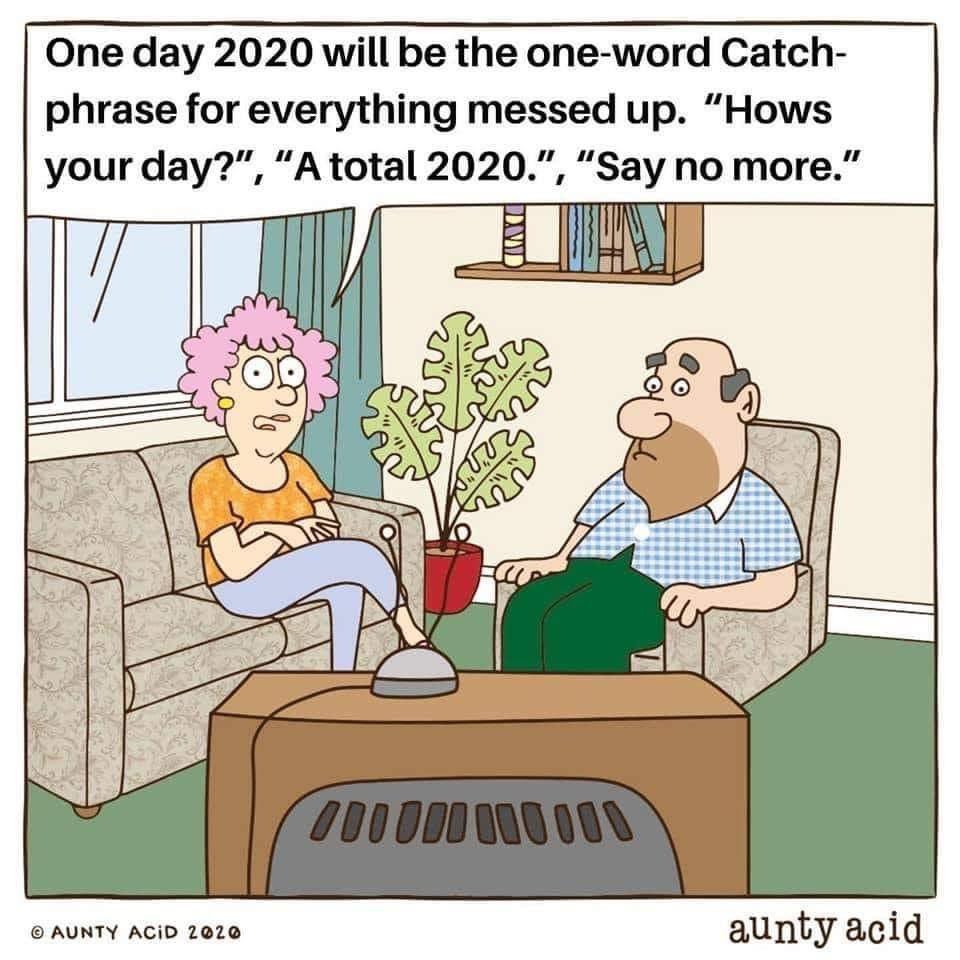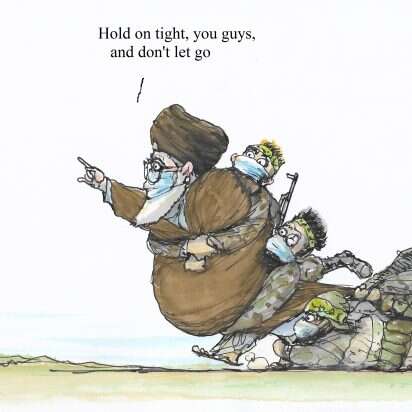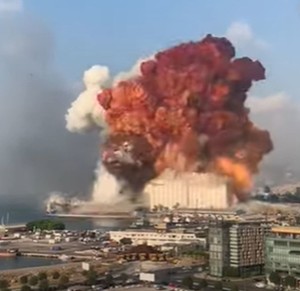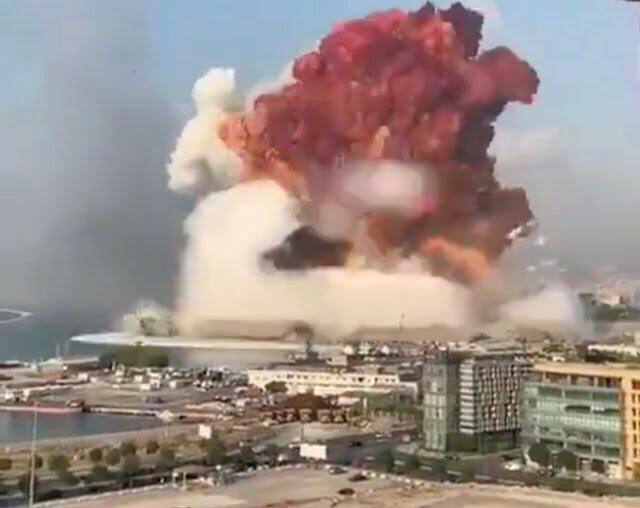Israel’s Outgoing UN Envoy Danny Danon Says He Aimed to ‘Dilute the Hatred’ at Global Body
The Jewish state’s outgoing ambassador to the United Nations, Danny Danon, is even more optimistic about the country’s prospects at Turtle Bay than he was when he started in the role nearly five years ago. This despite the long-time consensus that the UN presents one of the toughest challenges for Israeli diplomacy.Danon: We should all demand that Lebanon oust Hezbollah
Lacking the rhetorical flourish of his predecessor, Ron Prosor, the progress made by Danon has come as a product of good-old fashioned grit, creativity and the inner confidence in the justness of the Jewish state’s cause that Danon projects.
In a departing interview with The Algemeiner, the last of his tenure, Danon said he discovered that it was “almost impossible” to erase existing resolutions at the UN, even “ridiculous resolutions.” Instead, he focused his efforts on “diluting the hatred against Israel by adding resolutions” and calendar events.
“So at the end of the day yes, we still had the regular twenty anti-Israel resolutions every year in the General Assembly,” he said. “But when you see the amount of activity that we put into the whole in terms of Jewish culture, trips to Israel and techno-diplomacy, at the end of the day, we diluted the hatred.”
One example of this came in 2018, when a US-introduced resolution condemning Hamas received a historic plurality of votes in the General Assembly. Last April, the General Assembly also approved a resolution condemning antisemitism among other hate crimes, following a diplomatic battle led by Danon.
Danon also made history when, in 2016, he was appointed head of the United Nations Legal Committee, becoming the first Israeli ever to be picked to lead a permanent UN committee. In 2017, Danon was elected as vice president of the General Assembly as the representative of the Western states. In 2019, he was appointed by the UN Economic and Social Council (ECOSOC) to co-chair the Science, Technology and Innovation Forum, alongside Ghana’s ambassador, Martha Pobee.
“I fought that Israel will be almost in every place we can,” he said. “My motto was to get there and be there and change the atmosphere in the room, and it worked.”
The cause of the explosion has yet to be determined, but Danon told B’nai B’rith that while he was UN ambassador he warned the UN Security Council that Hezbollah was storing weapons at the port.Israel TV: Hezbollah apparently wanted Beirut’s ammonium nitrate for Israel war
“Last year when I spoke in the security council, I said very clearly that the port of Beirut had become the port of Hezbollah,” Danon said.
His words, he said, were base on intelligence reports.
“We got the intelligence and I spoke about it publicly, that [Hezbollah is] actually using the airports and the ports to transport the weapons and other things that are dangerous,” Danon said.
“We all respect the Lebanese people. We know that they are suffering… We send our condolences to the people there,” Danon said.
“But we do criticize not only Hezbollah, but also the Lebanese government, because they allow Hezbllah to do those activities,” Danon said.
But he also leveled criticize against Western countries, including the United States and France, for providing financial assistance to the Lebanese government and its army while not doing enough to ensure that action was taken against Hezbollah.
“I tell them that it’s okay to support the Lebanese government, the Lebanese military, but you have to demand more,” Danon said.
“When we see cooperation between Hezbollah and the Lebanese army, you ask yourself why the US or other countries should give any funding to this army that has allowed Hezbollah to take over,” Danon said.
Hezbollah apparently planned to use the ammonium nitrate stockpile that caused a massive bast at Beirut’s port this week against Israel in a “Third Lebanon War,” according to an unsourced assessment publicized on Israel’s Channel 13 Friday night.No Beirut Blast Inquiry Request, Says UN After Macron Call for Probe
The report was broadcast hours after Hezbollah’s leader, Hassan Nasrallah, gave a speech “categorically” denying that his group had stored any weapons or explosives at Beirut’s port, following the massive explosion there Tuesday that has claimed over 157 lives and wounded thousands. “I would like to absolutely, categorically rule out anything belonging to us at the port. No weapons, no missiles, or bombs or rifles or even a bullet or ammonium nitrate,” Nasrallah said. “No cache, no nothing. Not now, not ever.”
Israel has not formally alleged that Hezbollah was connected to the Tuesday blast.
Ammonium nitrate is used in the manufacture of explosives and is also an ingredient in making fertilizer. It has been blamed for massive industrial accidents in the past, and was also a main ingredient in a bomb that destroyed a federal building in Oklahoma City in 1995. Last year, reports in Israel claimed that the Mossad had tipped off European intelligence agencies about Hezbollah storing caches of ammonium nitrate for use in bombs in London, Cyprus and elsewhere.
The Channel 13 report noted that “the material that exploded in the port is not new to Nasrallah and Hezbollah.”
It detailed Hezbollah’s previous connections to ammonium nitrate, including incidents in Germany and the UK, both widely reported at the time, in which its agents were reportedly found with substantial quantities of the material. In London in 2015, following a Mossad tip off, British intelligence found four Hezbollah operatives with 3 tons of ammonium nitrate held in flour sacks, the TV report said, citing foreign reports. A similar process led to the discovery in Germany of Hezbollah operatives with enough ammonium nitrate “to blow up a city,” the report said. Germany subsequently banned Hezbollah as a terrorist organization.
The United Nations has not received any requests to investigate the deadly explosion in Beirut’s port, a UN spokesman said on Friday after French President Emmanuel Macron called for an international inquiry.
Dozens are still missing after Tuesday’s blast in the Lebanese capital that killed at least 154 people, injured 5,000 and left up to 250,000 without habitable homes, hammering a nation already staggering from economic meltdown and a surge in coronavirus cases.
Initial Lebanese probes have pointed to an ammonium nitrate cargo, which was abandoned in Beirut, as the source of the blast. During a visit to Beirut on Thursday, Macron said that a transparent international inquiry was needed.
“We would be willing to consider such a request if we were to receive one. Nothing like that has been received, however,” UN spokesman Farhan Haq told reporters.
UN Secretary-General Antonio Guterres could also establish an inquiry if mandated by a UN legislative body such as the 193-member General Assembly or the 15-member Security Council.
Lebanese President Michel Aoun said on Friday that a Lebanese investigation into the blast would examine whether it was caused by a bomb or other external interference or if it was due to negligence or an accident.



































